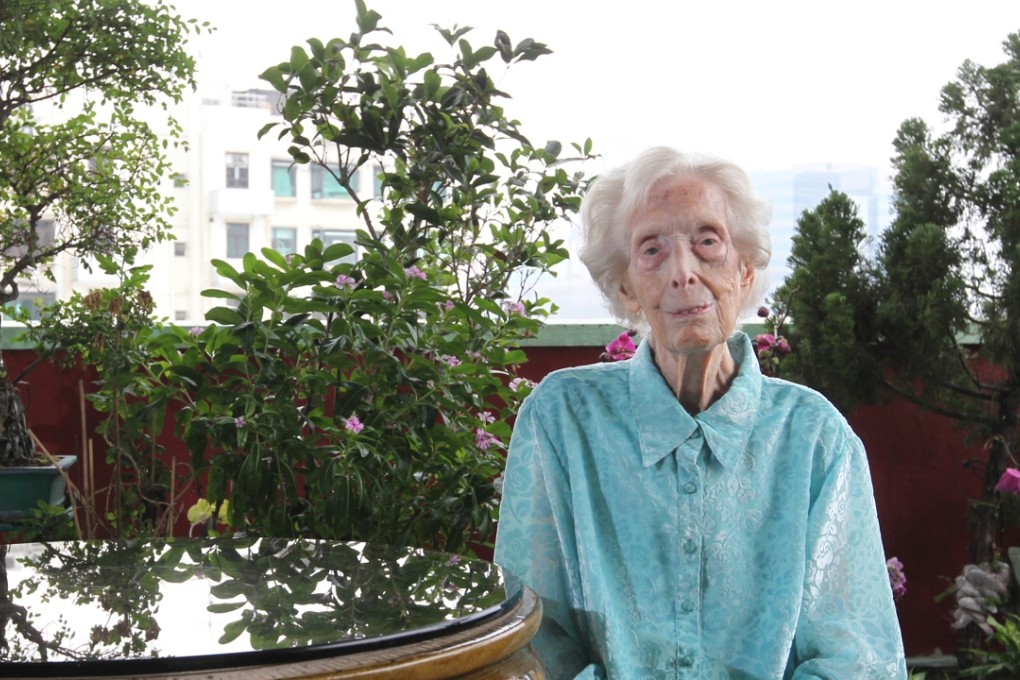Elsie Tu: A true hero of the common people in Hong Kong
The former missionary, who has died at the age of 102, left an indelible mark on the city she called home for more than half a century

Elsie Tu was guided by a simple principle: “To be good and useful in life.” She made that vow as a teenager at school in England, but it is the people of Hong Kong who benefitted. Her tireless efforts over seven decades to right the wrongs of society won her plaudits as a champion of the disadvantaged and underprivileged, perhaps more than any other person this city has known.
With her passing at the age of 102, we have lost the rarest of citizens – one who genuinely loved, cared for and wanted the best for the place she called home.
Tu was driven by a quest for fairness, truth and justice. She settled in Hong Kong in 1951 after missionary work on the mainland; she was drawn by the poverty, rampant corruption, lack of political representation and almost non-existent social welfare. Chinese at the time were looked down upon by many British colonials and she was one of the few willing to stand up and fight for their rights. For that reason, the colonial government saw her as a troublemaker, but the wide support she won among the grass roots also meant that she had to be tolerated and even embraced.
Hong Kong overcame many of its challenges in large part due to her work. From her founding of Mu Kuang English School for poor Chinese children in 1954 with her future husband, Andrew Tu Hsueh-kwei, to battling against a fare rise by the Star Ferry in 1965 to advocacy against widespread bribery and graft at all levels of society that eventually led to the creation of the Independent Commission Against Corruption, she made an indelible mark on our city’s history. With the needy at heart, she campaigned for improvements in education, housing, working conditions and social welfare, among much else. To ensure her voice was heard, she was appointed to, stood for election on or joined a host of committees, among them the former Urban Council, the Kwun Tong District Board, the Transport Advisory Committee and the Legislative Council.
Readers of the South China Morning Post knew her as an avid writer to the Letters to the Editor section. There, her views on all manner of subjects, from democracy to greedy tycoons to garbage disposal were clearly spelled out, often controversially. That led her to spar with prominent figures in the community and in her twilight years, she gained new enemies. But whatever she thought, Hong Kong was always in her heart and soul, above all else.
